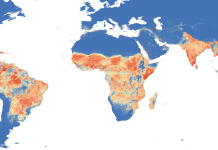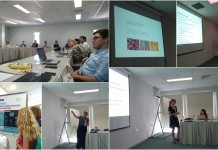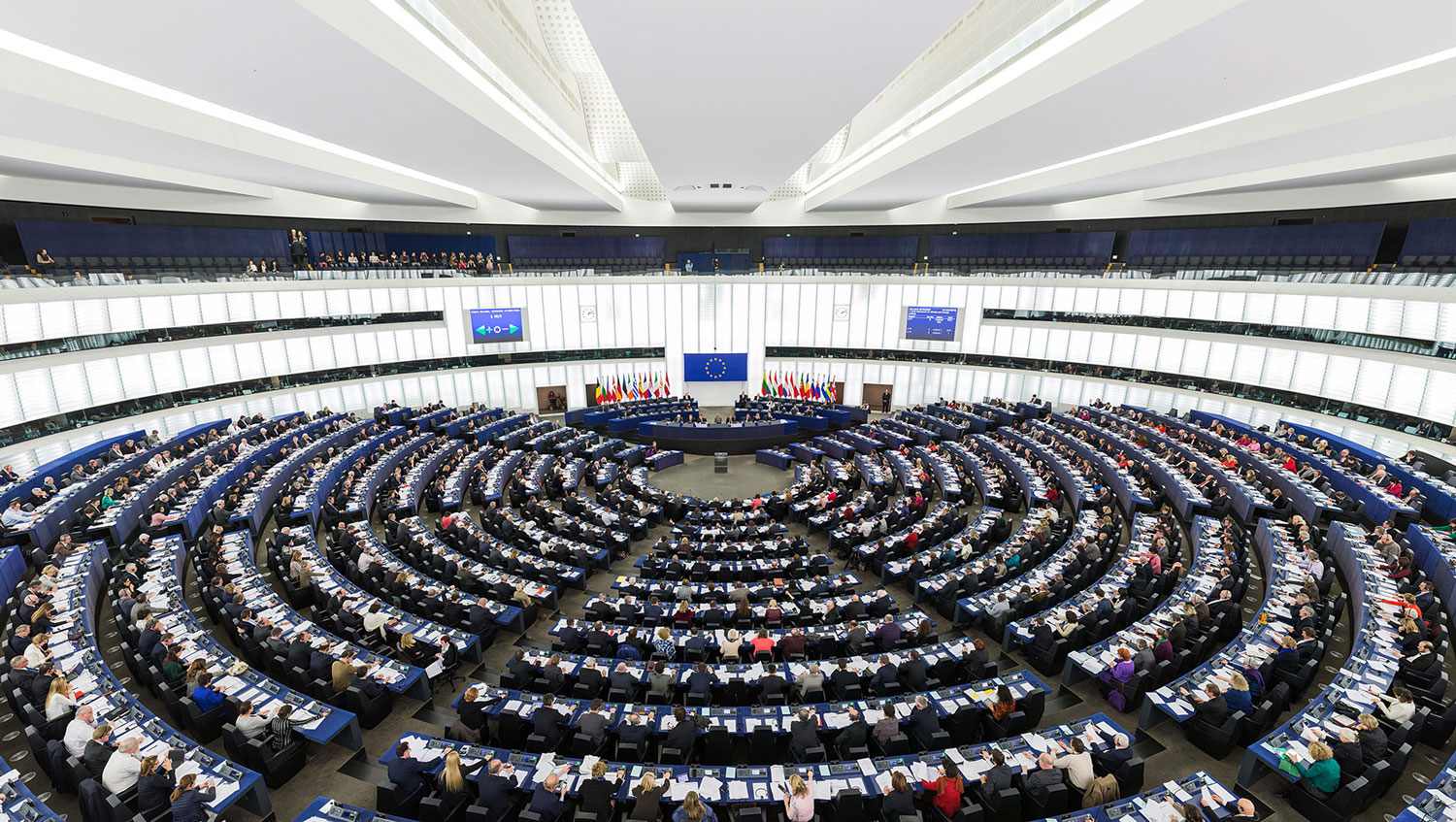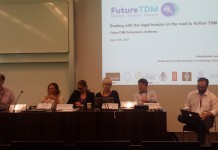We are pleased to have Dr Lucie Guibault, Associate Professor at the Institute for Information Law of the University of Amsterdam (UvA) to be the first expert in our Q&A series on Text and Data mining.
What is your interest in doing research on Text and Data mining (TDM)?
My interest arose over the last few years through a combination of reasons. First, I have become personally aware of TDM as a research method in all fields of science and the humanities. With the increase of computational capacity, of digital born information and the digitization of collections, the use of TDM in research is bound to yield tremendous societal and economic benefits in terms of new insights and cost savings that would otherwise not be possible. This means more scientific breakthroughs and a greater understanding of society. TDM is simply the research method of the future!
At the same time, I also have observed the difficulty encountered by researchers in trying to gain access to and use of databases for TDM. These barriers create a chilling effect on researchers who refrain from engaging in this kind of research. This is unacceptable to me. I firmly believe that the public interest in allowing TDM for research purposes outweighs the potentially negative impact on the rights of database owners.
Do you use TDM in your research yourself or see it being used in legal practice?
Although TDM could be a very useful research method in law, it is hardly ever used at this stage, at least in Europe. For TDM to develop into a useful method in law, legal scholars would need to become much more ‘computer literate’ than they currently are. Due to a lack of computer skills legal scholars rarely go beyond the traditional keyword search in databases of case law and literature. Myself included!
Could you give us a brief overview of the current legal landscape of TDM in Europe?
Assuming that TDM does fall within the scope of copyright protection, the European copyright framework, as primarily laid down in Directive 2001/29/EC on Copyright in the Information Society, is highly fragmented: not only are the exceptions on copyright for the vast majority optional, but Member States have implemented them in many different ways.
There is therefore a lot of legal uncertainty regarding the lawfulness of TDM for research purposes, especially on a cross-border basis. Moreover, rights owners have developed the practice to subject the access to and use of their databases to licensing conditions, which are too often very restrictive with respect to TDM activities. Although open access licensing certainly is one aspect of the solution, the content licensed under open access condition is at this stage not sufficient to off set the negative impact of traditional licensing practices on research. Another area of uncertainty is the application of the rules on data protection to TDM activities. A review of the European legal framework would certainly need to address the issue of data protection law in the context of scientific research.
What in your opinion are the main issues and how do these affect stakeholders?
My feeling is that most stakeholders who are involved in or potentially affected by TDM are ready to accept the huge potential societal and economic benefits expected from the use of this method in research. Only a small contingent of stakeholders is reluctant to permit TDM to take place without prior authorization, either because TDM is seen as a potential source of extra income or as a risk factor for their competitive interests.
The challenge is to convince these stakeholders that the public interest in allowing TDM for research purposes prevails over individual rent seeking behavior and that the perceived risks are more theoretical than actual.
What is the status of the EU reform and what can we expect from it for TDM?
The European copyright reform is very important generally, for it touches on many key copyright issues, TDM being one of them. The process is highly delicate and prone to capture by stakeholder groups. It is very good that TDM has caught the attention of Commission officials and members of Parliament. But it is essential that the voice of the research community keep being heard to remind all interested parties of the tremendous benefits of TDM for society as a whole. It would be a tragedy if the wind turned and the copyright reform did not result in an improvement of the situation.











